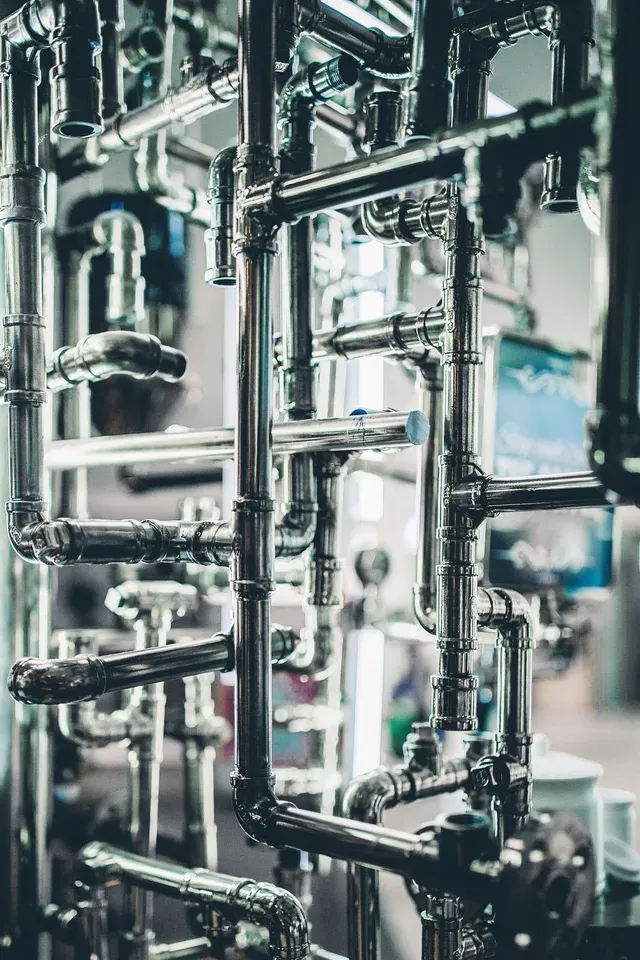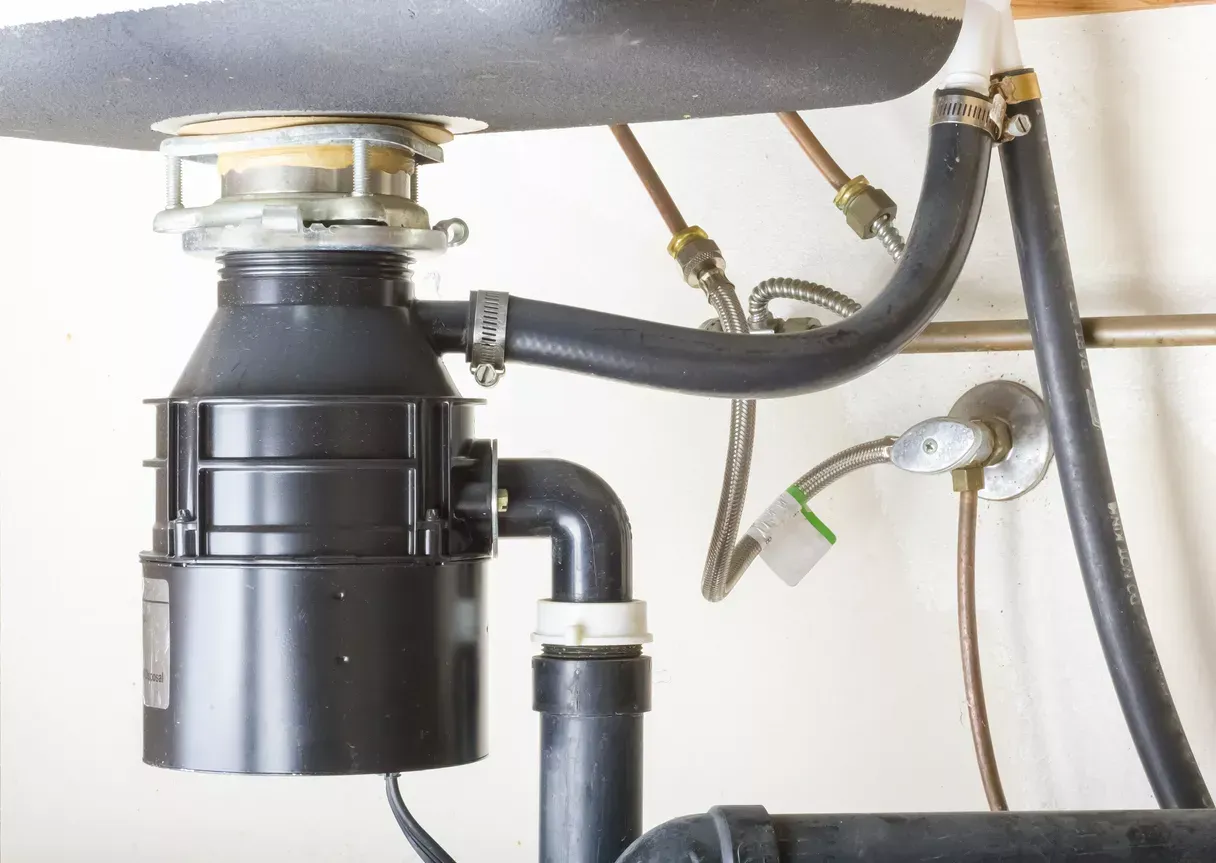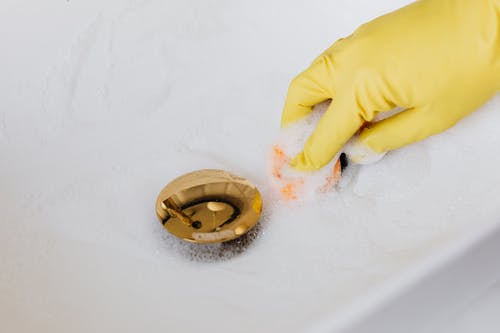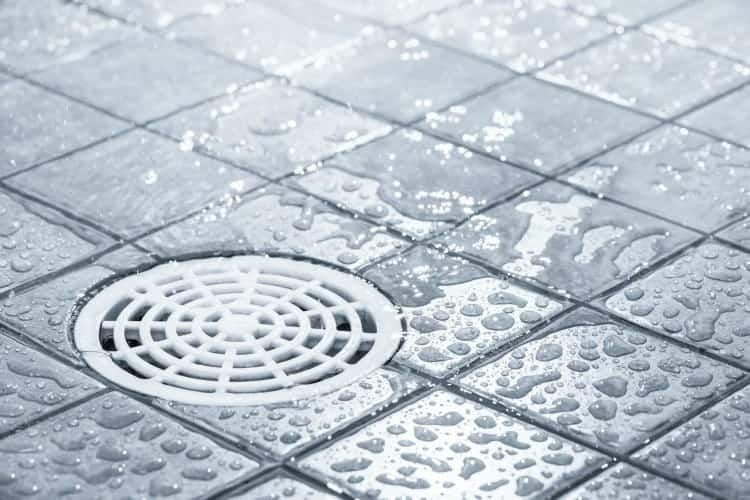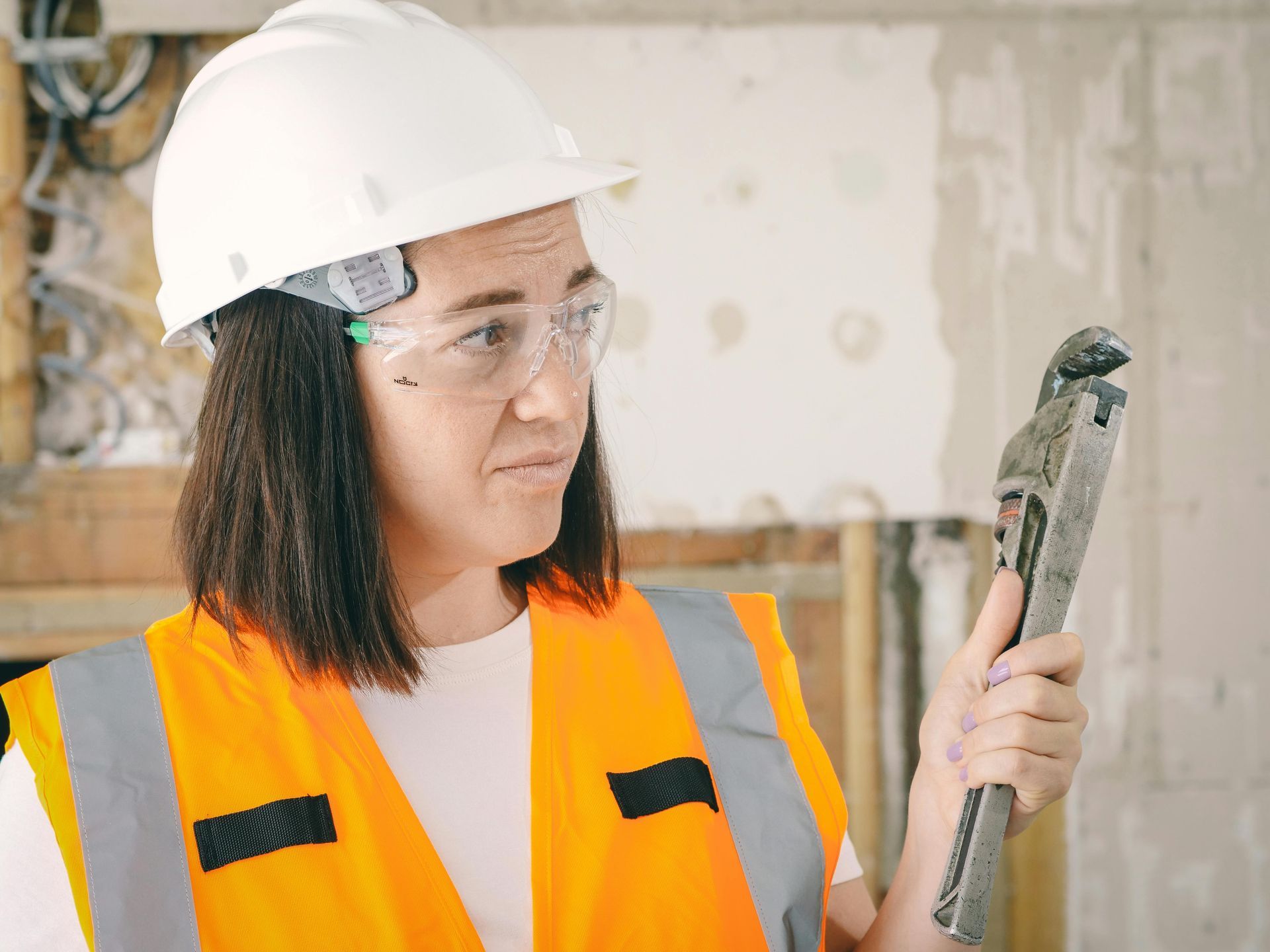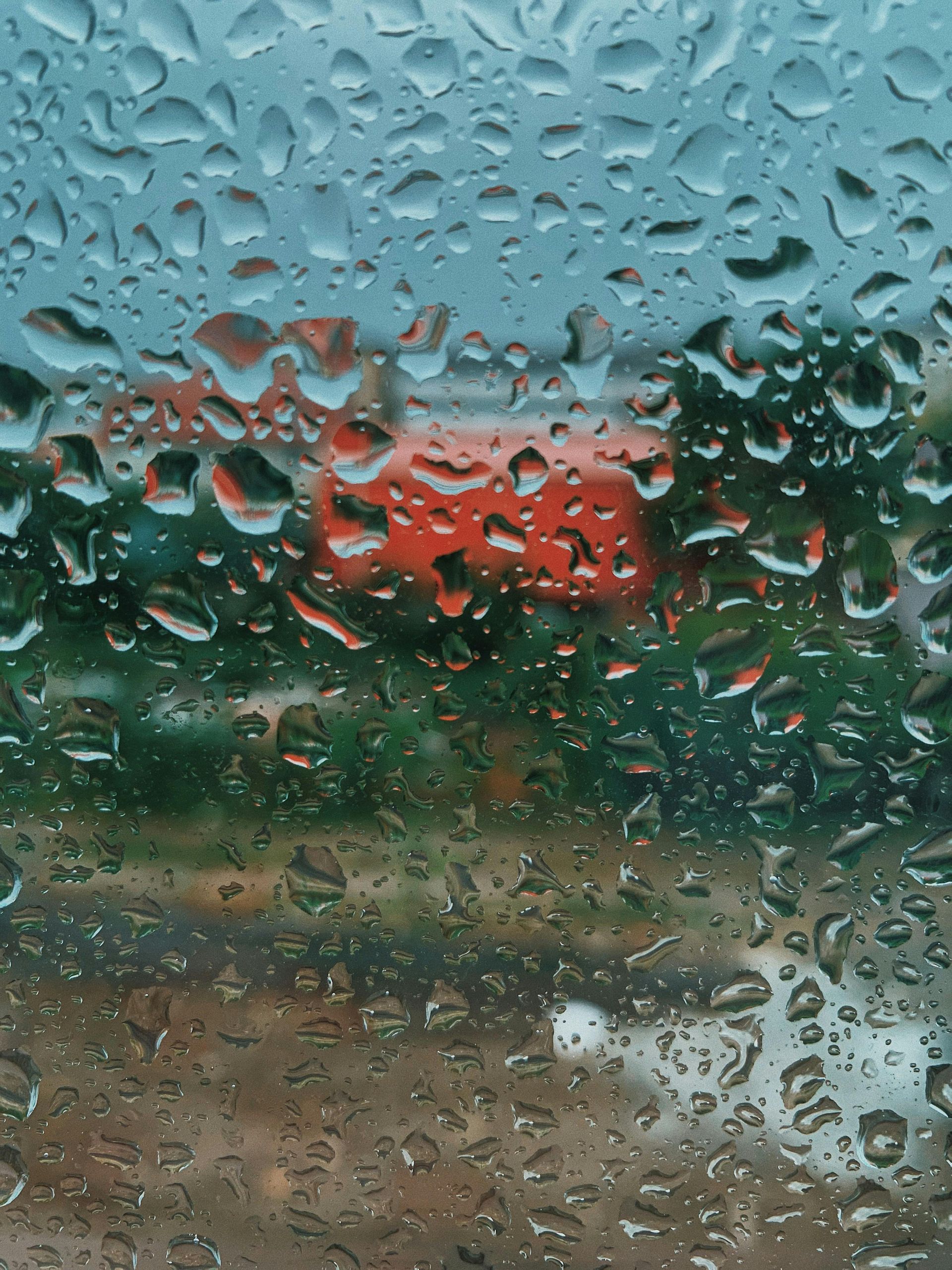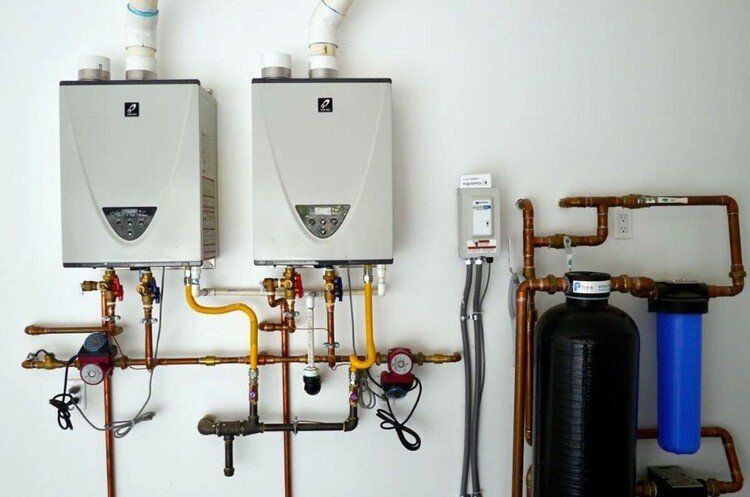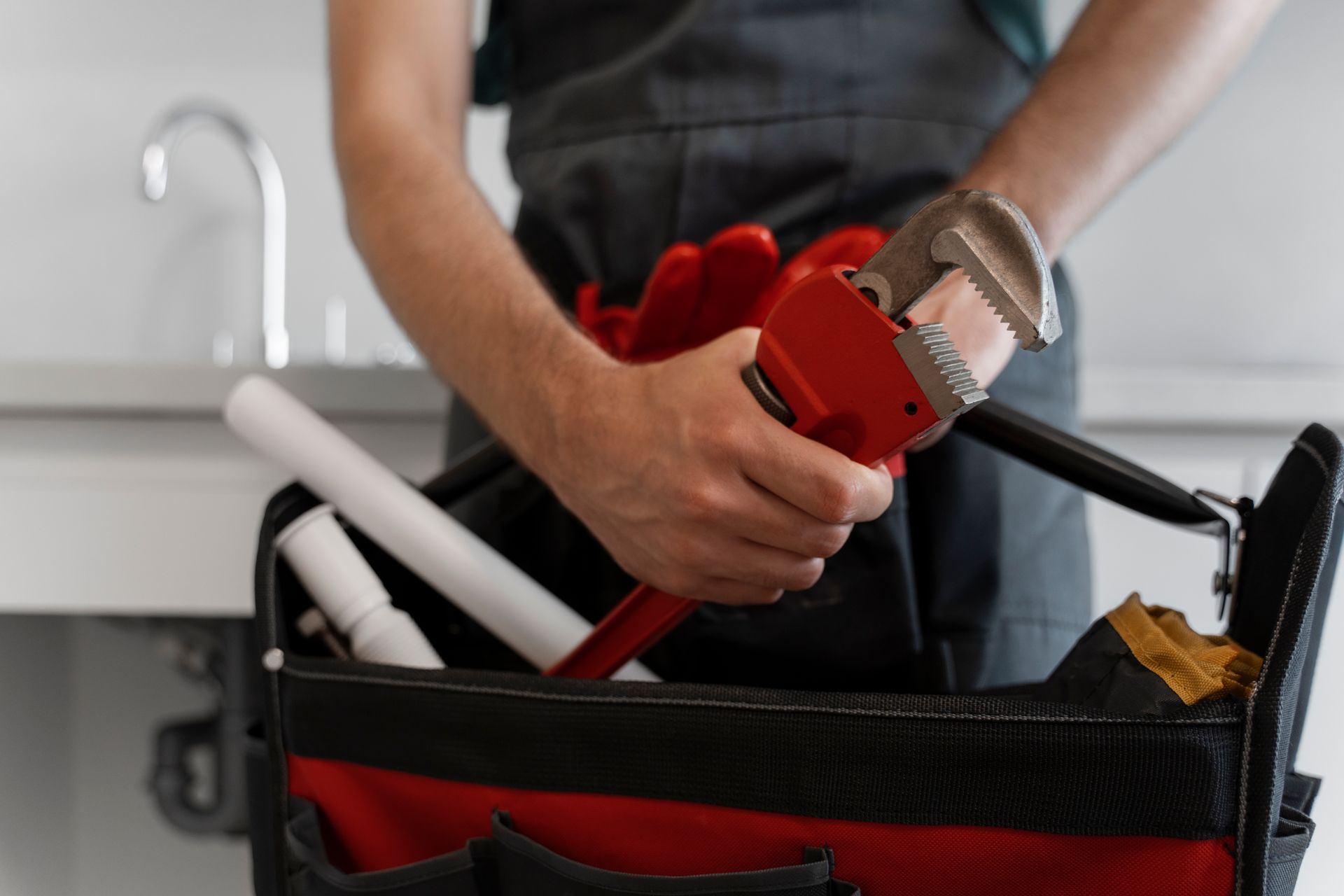How to Properly Fix a Leaky Bathtub Overflow Plate?
A leaky bathtub overflow plate is a common issue that can lead to water damage behind your tub, increased moisture in your bathroom, and potential mold growth. Properly addressing this leak not only restores the function and appearance of your bathtub but also protects your home’s plumbing infrastructure and structural integrity. This detailed article will guide you through the causes of a leaking overflow plate, the necessary tools and parts, and a step-by-step repair process. Along the way, you’ll learn important insights from experienced plumbers like All City Plumbers, and how this repair relates to other plumbing tasks such as how to install a new bathtub drain and maintaining systems involving expansion tanks.
Understanding the Bathtub Overflow Plate and Why It Leaks
The bathtub overflow plate is the visible cover on your tub’s overflow drain opening—designed to prevent the tub from overflowing by diverting excess water down the drain before it spills over the edge. Beneath the plate is a gasket that seals the overflow pipe to the tub wall. Over time, this gasket or the plate itself can deteriorate due to age, mineral buildup, corrosion, or mechanical stress from loose screws.
When the gasket fails or the plate is improperly tightened, water seeping behind the overflow drain can cause leaks. These leaks often manifest as water stains on the wall under the tub or dampness in areas close by. Unlike a leak from the drain itself, overflow leaks require careful resealing and occasionally replacement of worn components to restore a watertight seal.
Common Causes of Overflow Plate Leaks
Several factors contribute to an overflow plate leak:
- Worn or dried out gasket: Gaskets made from rubber or foam lose elasticity over time, causing them to crack or shrink.
- Loose mounting screws: Screws that hold the plate in place may loosen with vibrations or thermal expansion.
- Corrosion or mineral deposits: Hard water can deposit minerals on metal parts, preventing a proper seal or causing plate warping.
- Cracked or damaged plate or backing bracket: Physical damage affects the seal integrity.
- Incorrect installation: Improperly aligning the plate, overtightening screws, or using the wrong gasket size can cause leaks.
Fixing a leaky overflow plate involves addressing these causes thoroughly by replacing faulty components and ensuring everything is properly aligned and sealed.
Tools and Materials Needed for the Repair
Before beginning the repair, gather the following materials and tools:
- Replacement overflow plate (or overflow plate kit which includes gasket and bracket, if needed)
- Screwdrivers (Phillips and flathead)
- Replacement gasket (ensure compatibility with your tub)
- Plumber’s putty or silicone sealant (for additional waterproof sealing)
- Cleaning cloth and mild abrasive pad
- Adjustable wrench or pliers (may be needed to adjust bracket)
- Bucket or towels to catch drips
Having these ready improves efficiency and helps avoid unnecessary interruptions during the repair process.
Step-by-Step Process to Fix a Leaky Bathtub Overflow Plate
1. Turn Off Water Supply and Prepare the Area
Although the overflow is part of your drainage system and not your water supply, it’s wise to turn off the water supply to your bathroom to avoid accidental flooding during the repair. Lay down towels or a bucket below the overflow area to catch any residual water escaping when the plate is removed.
2. Remove the Existing Overflow Plate
Using a screwdriver, carefully unscrew the mounting screws holding the overflow plate in place. Remove the plate gently to expose the backing bracket and gasket. Be cautious not to damage the tub’s surface. Inspect the removed plate and gasket for obvious signs of wear or damage.
3. Remove and Inspect the Gasket and Backing Bracket
If the overflow plate assembly has a backing bracket, unscrew it. Remove the old gasket carefully. Clean the surface area inside the overflow opening on the tub, removing mineral deposits, old sealant, or grime with a mild abrasive pad and cloth.
This cleaning step is crucial, as a clean surface allows a proper seal, akin to when you install a new bathtub drain or address related plumbing repairs.
4. Replace or Repair Gasket and Backing Bracket
Install the new gasket provided with your overflow plate kit. If the bracket is worn or corroded, replace it as well. Secure the bracket back into position, ensuring it is properly aligned and tightened evenly without deforming.
If you want to enhance waterproofing, apply a thin bead of plumber’s putty or silicone sealant around the gasket’s edges before fitting it back—taking care not to overapply, which can interfere with the seal.
5. Reattach the Overflow Plate
Place the new or cleaned overflow plate over the gasket and bracket. Using the screws you previously removed (or the new ones if provided), screw the plate back on. Tighten the screws evenly and firmly, but avoid overtightening, which can warp the plate or crack the tub surface.
Make sure that the plate’s features align correctly, such as the open slit facing down to redirect overflow water properly, mimicking manufacturer specifications or previous orientation.
6. Test for Leaks
After the plate is secured, perform a leak test. Fill the bathtub with water until it reaches just below the overflow plate level to simulate water rising to the drain opening. Observe carefully for any signs of dripping or moisture behind the tub or underneath.
If leakage persists, gently loosen the screws and reseat the plate or add additional plumber’s putty/sealant to the gasket. Repeat until a watertight seal is achieved.
Additional Considerations: Related Plumbing Maintenance and Repairs
Repairing a leaky overflow plate often ties into larger-scale bathtub plumbing tasks, such as when you install a new bathtub drain. Both require careful sealing and understanding of how water flows through the tub’s drainage components.
Additionally, maintaining balanced water pressure within home plumbing systems—including your expansion tanks—helps reduce stress on drainage pipes and fixtures that might indirectly affect seals like the overflow plate gasket. Proper maintenance of expansion tanks ensures stable pressure in your hot water system and can contribute to fewer leaks in connected fixtures.
Professionals at All City Plumbers recommend exploring these related system checks during your repair or renovation to promote overall plumbing health.
When to Seek Professional Help or Emergency Services
Some overflow plate leaks are straightforward DIY fixes. However, if you find signs of water damage in your wall, suspect pipe corrosion, or notice recurring leaks despite repeated gasket replacements, you may need professional assistance. Plumbing specialists like All City Plumbers have the tools and expertise to effectively diagnose hidden issues such as pipe cracks or compromised overflow assemblies.
If the leak causes significant flooding or structural damage, do not hesitate to contact emergency services to prevent further harm to your home. Prompt professional intervention preserves safety, minimizes repair costs, and guarantees code-compliant plumbing systems.
Conclusion
Fixing a leaky bathtub overflow plate is a manageable yet essential plumbing task that preserves your bathroom’s functionality and prevents costly water damage. By carefully removing and replacing worn gaskets, cleaning sealing surfaces, and properly reinstalling the overflow plate, you ensure a tight, lasting seal.
Taking a professional approach, informed by experts like All City Plumbers, and understanding the relationship between related plumbing components such as bathtub drains and expansion tanks, provides lasting peace of mind and optimal system performance.
Whether you choose to do the repair yourself or call for expert help, prompt attention to bathtub overflow leaks protects your home’s value and comfort effectively.

